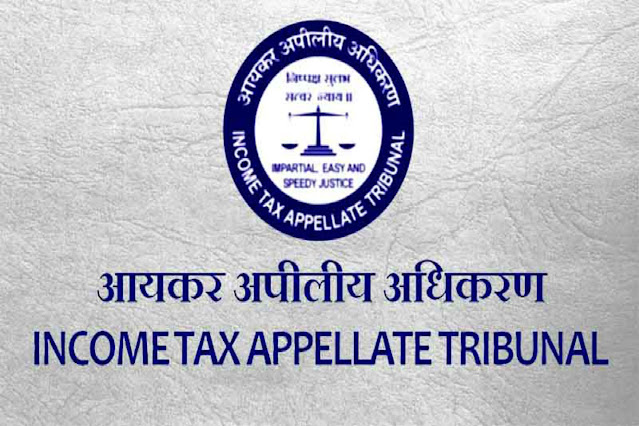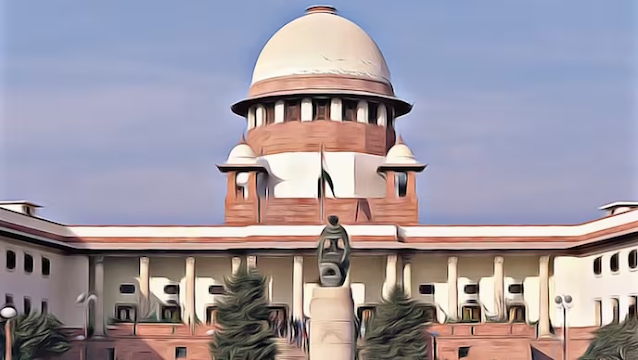Rajeev Gupta, C.J.@mdashSri H.M. Bhatia, Advocate for the Petitioner.
Sri Subhash Upadhyaya, Brief Holder for the Respondents.
They are heard on admission.
2. Petitioner Tanveer Mian has filed this writ petition for the following reliefs:
1. To issue a writ, order or direction in the nature of Certiorari to quash the proceedings issued against the Petitioner in pursuance of the order/notice dated 19-06-2007 u/s 58(1)(xix) of the Uttarakhand Value Added Tax Act, 2005 (Act No. 27 of 2005) (Annexure No. 9).
2. Any other suitable writ, order or direction which this Hon''ble Court may deem fit and proper in the circumstances of the case.
3. Award the cost of the petition to the Petitioner.
3. The Petitioners, in substance, is seeking quashing of the notice dated 19-06-2007 (Annexure No. 9) issued by Respondent No. 3 Deputy Commissioner, Commercial Tax, Kashipur u/s 58(1) of the Uttarakhand Value Added Tax Act.
4. A bare perusal of the notice (Annexure No. 9) reveals that it is a notice to the Petitioner to show cause as to why appropriate action be not taken against the petition u/s 58(1)(xix) of the Act. The Petitioner, instead of filing reply to the show cause notice before the statutory authority, has rushed to the High Court by filing this writ petition.
5. The law is well settled that writ petition against a show cause notice, ordinarily, is not to be entertained unless the authority, who has issued the notice, lacks jurisdiction.
6. The Apex Court in the case of
5. This Court in a large number of cases has deprecated the practice of the High Courts entertaining writ petitions questioning legality of the show-cause notices stalling enquiries as proposed and retarding investigative process to find actual facts with the participation and in the presence of the parties. Unless the High Court is satisfied that the show-cause notice was totally non est in the eye of the law for absolute want of jurisdiction of the authority to even investigate into facts, writ petitions should not be entertained for the mere asking and as a matter of routine, and the writ Petitioner should invariably be directed to respond to the show-cause notice and take all stands highlighted in the writ petition. Whether the show-cause notice was founded on any legal premises, is a jurisdictional issue which can even be urged by the recipient of the notice and such issues also can be adjudicated by the authority issuing the very notice initially, before the aggrieved could approach the court....
7. The Apex Court in the case of Trade Tax Officer, Saharanpur v. Royal Trading Company reported in (2005) 11 SCC 518, reiterating the same view, observed in para 1:
1. These appeals are against the judgment of the Allahabad High Court dated 21-1 -2000. The Respondent Company were clearing their goods on the basis that they were leather sheets within the meaning of Section 14 of the Central Sales Tax Act. Ashow-cause notice was issued to them claiming that the items cleared by them were not leather sheets and that a higher duty was required to be paid. The Respondents filed a writ petition challenging the issuance of the show-cause notice. The High Court ignoring the well-settled law that against a mere issuance of a show-cause notice a court should be reluctant to interfere, purported to go into the facts and quashed the show-cause notice in a mechanical way. In our view the approach of the High Court was entirely wrong. All that had been done was that a show cause was issued. After the Respondents filed their reply, the notice may have been dropped or if the reply was not satisfactory based on the reply further inquiries could have been made by the Appellants. Adjudication proceedings must not be stalled in the manner done by the High Court.
8. Neither it has been pleaded by the Petitioner in the writ petition nor it was so argued by the learned Counsel for the Petitioner during the course of hearing that Respondent No. 3 Deputy Commissioner, Commercial Tax, Kashipur, lacks jurisdiction to issue show-cause notice (Annexure No. 9).
9. In this view of the matter and in view of the above-quoted dicta of the Apex Court, the writ petition is liable to be dismissed on this short ground alone.
10. The writ petition, therefore, is dismissed.

